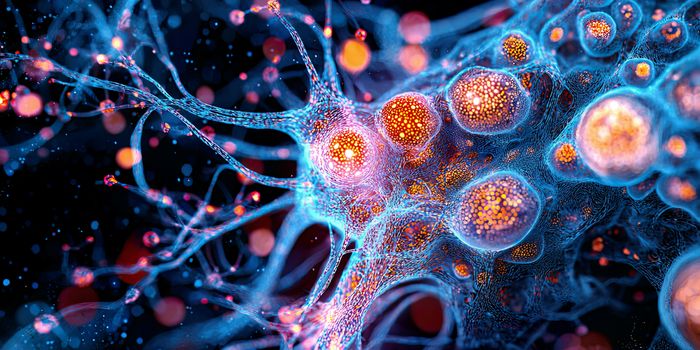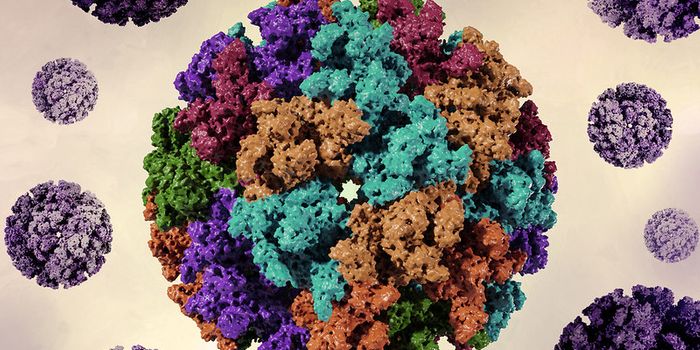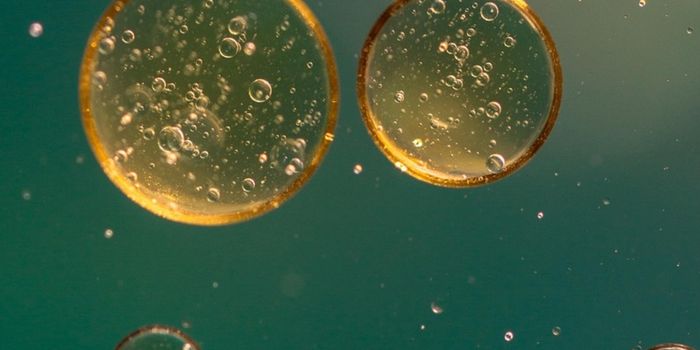Fecal transplant for ulcerative colitis
Does the idea of a fecal microbiota transplant gross you out? What if you had ulcerative colitis and this procedure could provide a cure?
Researchers at Weill Cornell Medicine show that fecal microbiota transplants (FMTs) are safe and effective for people with ulcerative colitis.
FMT isn’t really as gross as it sounds. The procedure involves collecting fecal matter from a healthy person, separating out all the microbes, and placing those microbes into the gut of someone with inflammatory bowel disease.
The idea is that inflammatory bowel diseases are caused by having too few good bacteria or too many bad bacteria (or some combination in between). In fact, FMT is already used to treat Clostridium difficile infections, but the procedure hadn’t been tested in patients with ulcerative colitis. In the case of C. difficile, the transplanted microbes help out-compete the disease-causing C. difficile.
According to study author Randy Longman, “patients with ulcerative colitis typically have a lower diversity of microbes in their guts. We know that a more diverse microbiota is correlated with better health, so increasing that diversity may be a key factor in the therapeutic efficacy of FMT for ulcerative colitis."
In the study, the researchers made fecal microbiota preparations from the stools of two different, healthy donors. Then, they transferred the preparations during a colonoscopy to 20 people with ulcerative colitis. Importantly, the participants were not treated with antibiotics before the FMT. Four weeks later, the researchers collected fecal samples from the participants to characterize their gut microbiomes and to measure gut inflammation.
What they found was that the gut microbiomes of the participants (who received the FMT) resembled the gut microbiomes of the donors. There was also a reduction in gut inflammation - a driver of ulcerative colitis. At this same time point, 35% of the participants reported that their clinical symptoms improved, and 15% achieved remission.
Just what sorts of bacteria did the FMTs contain? The donor preparations contained a large proportion of Dialister, Parabacteroides, Roseburia, and Sutterella. The recipients (before receiving the transplant) had higher proportions of Anaerostipes, Escherichia, and Shigella.
In terms of gut inflammation, the FMTs reduced the amount of interferon-gamma produced in the recipients’ guts. The transplant also reduced the number of regulatory T cells in the gut, but did not alter the number of Th17 cells.
The results aren’t earth-shattering, but this is still pretty cool! According to study author Carl Crawford, “we still want to know why this treatment helps some patients and not others so that we can find a safer and more reproducible treatment option for a greater majority of patients suffering from ulcerative colitis.”
Sources: Inflammatory Bowel Diseases, Science Daily









